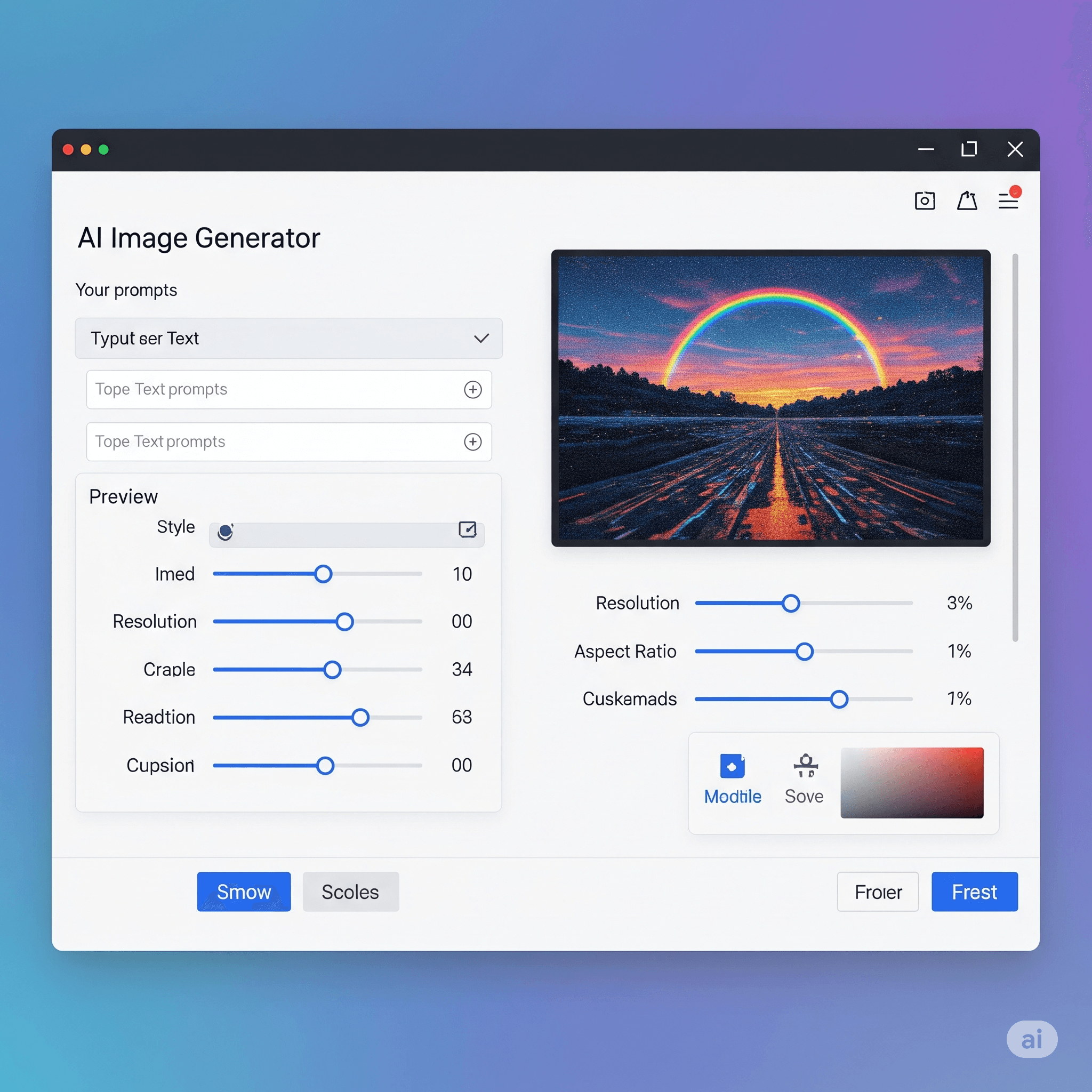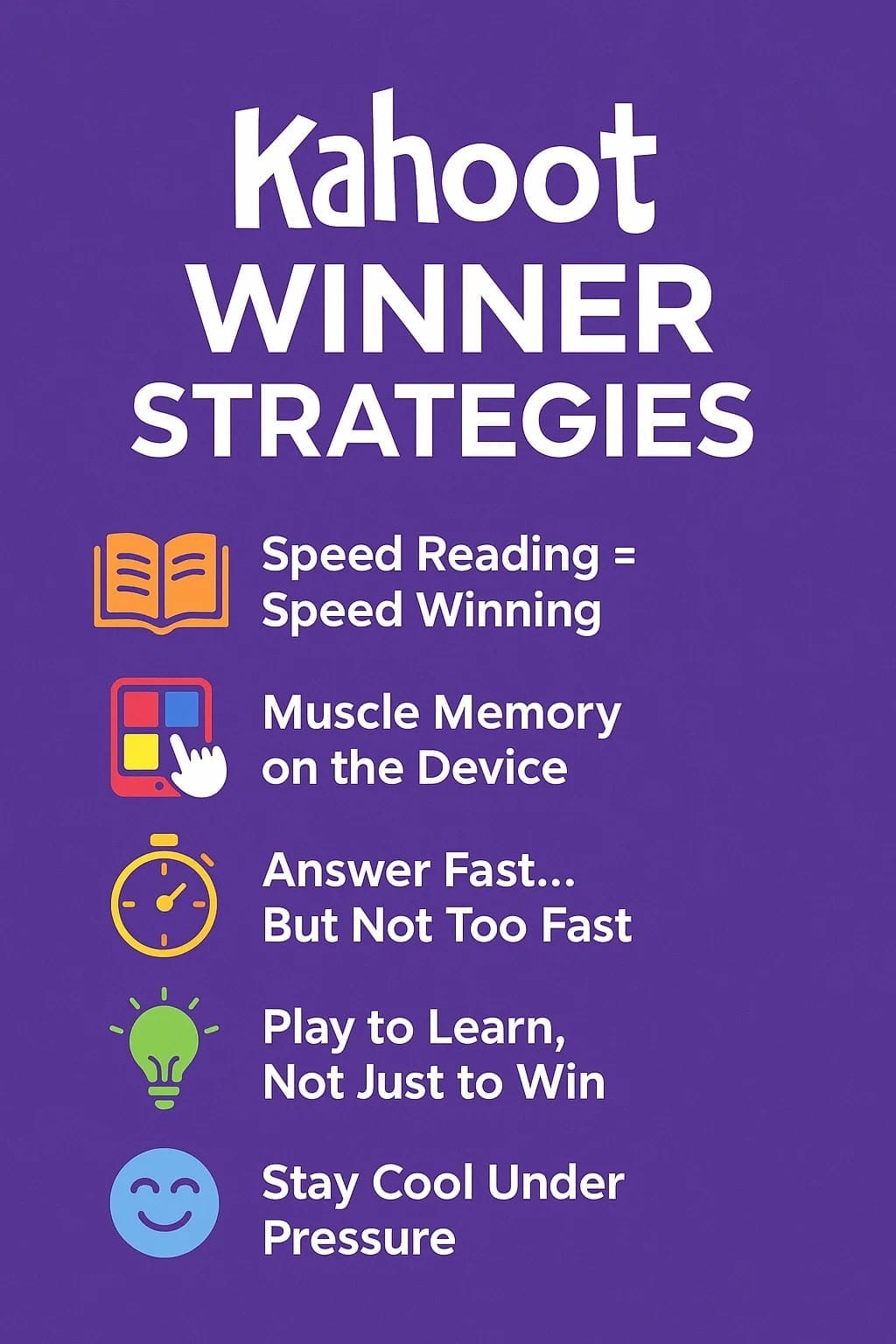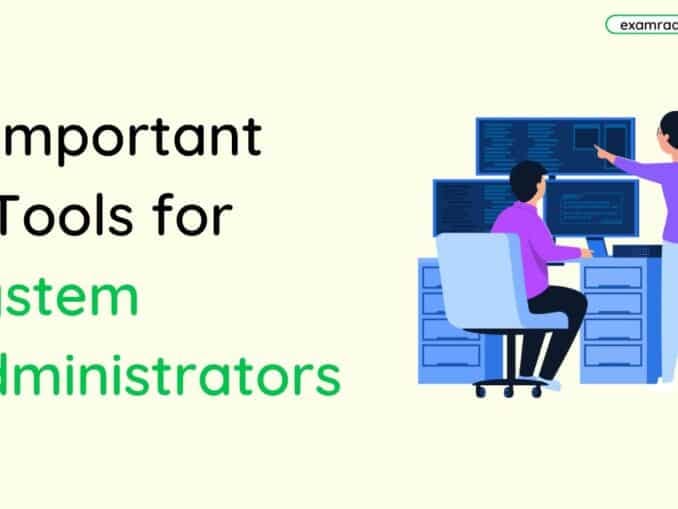Question: HTML is similar to a
Answer:
Yes, HTML can be compared to a word processing language to some extent. While HTML and word processing languages like Microsoft Word or Google Docs have different purposes and implementations, they share similarities in terms of manipulating text and structuring content.
HTML allows you to format and structure text on a web page, similar to how word processing languages allow you to format and structure text in a document. In both cases, you can apply formatting styles such as headings, paragraphs, lists, and emphasis (such as bold or italic) to the text.
Additionally, both HTML and word processing languages allow you to insert images, create links, and format tables. However, it's important to note that the specific syntax and capabilities may differ between HTML and word processing languages.
One key distinction is that HTML is specifically designed for creating content on the web and is interpreted by web browsers to render web pages. On the other hand, word processing languages are typically used for creating and formatting documents within dedicated software.
Overall, while HTML and word processing languages have similarities in terms of text formatting and content structuring, HTML is tailored for web content and is used within the context of web development.
MCQ: HTML is similar to a
Explanation:
Yes, HTML can be compared to a word processing language to some extent. While HTML and word processing languages like Microsoft Word or Google Docs have different purposes and implementations, they share similarities in terms of manipulating text and structuring content.
HTML allows you to format and structure text on a web page, similar to how word processing languages allow you to format and structure text in a document. In both cases, you can apply formatting styles such as headings, paragraphs, lists, and emphasis (such as bold or italic) to the text.
Additionally, both HTML and word processing languages allow you to insert images, create links, and format tables. However, it's important to note that the specific syntax and capabilities may differ between HTML and word processing languages.
One key distinction is that HTML is specifically designed for creating content on the web and is interpreted by web browsers to render web pages. On the other hand, word processing languages are typically used for creating and formatting documents within dedicated software.
Overall, while HTML and word processing languages have similarities in terms of text formatting and content structuring, HTML is tailored for web content and is used within the context of web development.
Discuss a Question
Related Questions
- 1. Desirable properties of a website are (i) a meaningful address (ii) Help and search facilities (iii) Links to related sites (iv) Features to allow users to give feedback (v) Hosting on a mainframe
- 2. XSL definition is used along with XML definition to specify
- 3. If a manager needs to change the setting of an agent, it uses the ____________ message
- 4. If an agent needs to report a situation to the manager, it uses the ___________ message
- 5. HTTP messages are divided into _______ categories
- 6. A browser is an HTTP _________.
- 7. In HTTP, the message sent from the client to the server is called a ______.
- 8. HTML uses
- 9. HTML tags define
- 10. CGI is mostly associated with a _______ document.
You may be interested in:
Web Fundamental MCQs






